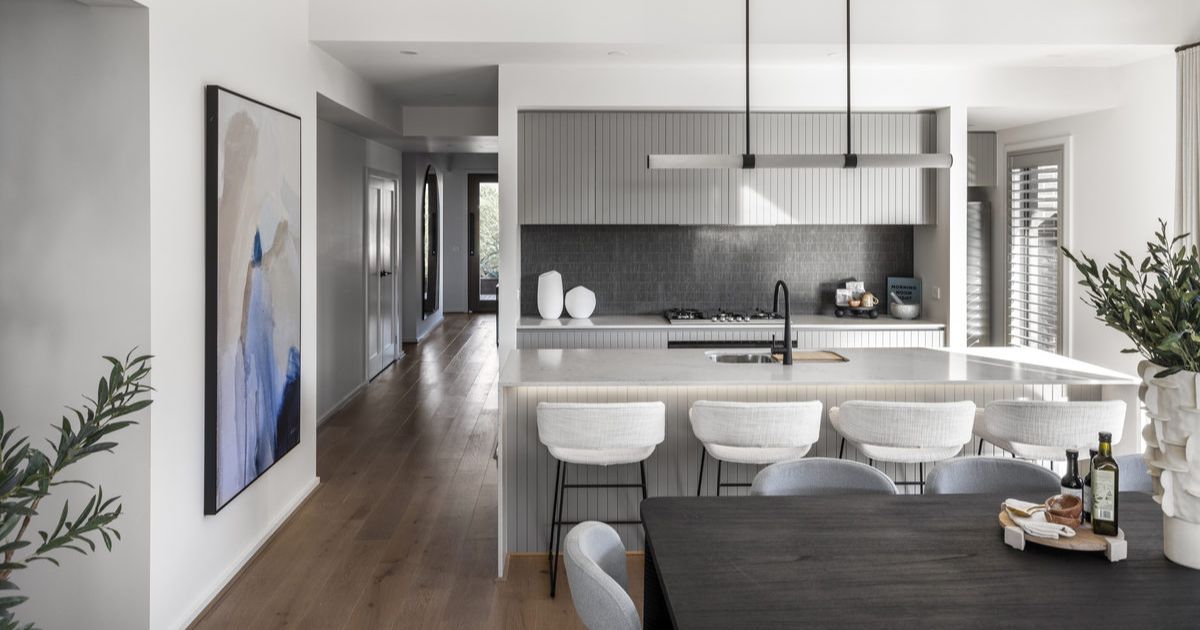Do you speak the language of your ‘tradies’

Making sure you and your tradespeople understand each other is key to getting a good result for everyone.
Communicating with tradies can sometimes feel like you’ve landed in a foreign-speaking country, where you know just enough to make a greeting or to apologise for your lack of lingo.
Tradies speak a fluent technical language of the trades and some of them assume we totally understand, when we often have no idea what they’re talking about.
After all, how often have you needed to know what a joist hanger is, or what to do with a puddle flange.
For any renovation it’s important to have a joint understanding of the job and the plan. Confusion and lack of understanding often leads to conflict.
Given, generally you will both speak English as a common language, you’re in a good position to begin breaking down any “tradie-speak” barriers to gain an understanding of your project.
What often stops us is a fear of seeming silly, or getting “ripped off” because of our lack of knowledge. But we’ve found the vast majority of tradies are amazing and want to help you.
It’s daunting knowing where to start on a big renovation or maintenance related issue, and when there’s a whole host of various trades required, we need to get it right.
Our advice is to ask lots and lots of questions to fully understand what is going to happen, after all you’re the one about to spend your hard-earned cash.
One thing we keep in mind – if it’s difficult to communicate with trades at the beginning, it’s probably not going to get better as the job goes on. Our first contacts with trades are in essence an interview process to join our “team”. We do a few key things to achieve this:
Start with the end in mind; describe to them what the end-goal is, no matter how big your vision. Are you looking to do maintenance, or is this about your dream bathroom renovation?
Be clear yourself about the outcome you want. Remember that once you tell them about the “vision” you can always scale it back.
Then listen to how they describe the job back to you to see if they’ve listened and understood.
Then ask:
-What are all the different trades they might need and how will they ensure everyone is onsite when they’re needed?
-How long should you expect the job to take?
-What materials are needed, and the availability of goods?
-What are the contingencies to think about – what could go wrong and how would they manage that?
If things do go wrong, (which is not unusual as renovations often uncover other issues) who will be the key person to keep you informed and get your approval for any variations needed.
Will they provide a quote along with a “scope of works” and a schedule so you know their plan.
And lastly, use that wonderful word “why” – keep asking it until the answer makes sense or seems logical.
– BY REALESTATEVIEW.COM.AU


















